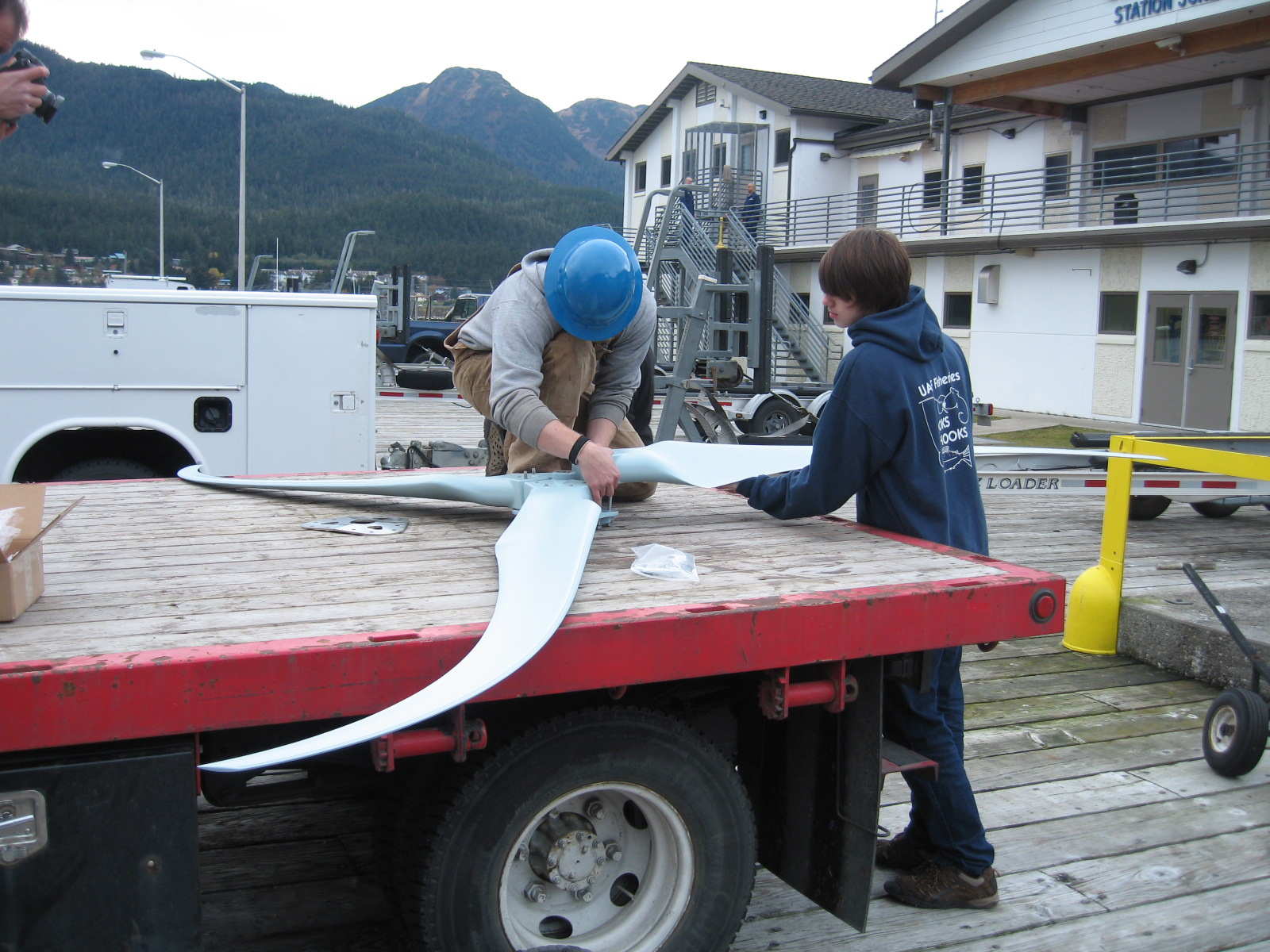
Publicly owned renewable energy is crucial for a just transition
We often talk about the need to achieve our climate targets in a way that is fast and fair. It’s also important that any just transition away from fossil fuels is led by workers and communities. But what does this actually look like?
A crucial part of empowering workers and communities in a just transition is by embedding public ownership and control throughout the process. This goes for the energy sources we move to i.e. publicly owned renewables, and in terms of who delivers the transition.
A truly just transition cannot be led by the market. I’ve set out four reasons why public ownership of renewable energy must be part of Scotland’s just transition.
Private ownership is driven by the interests of profit, not the interests of people
In February 2024, it was announced that British Gas’ profits jumped from £72 million in a year, to £751 million. All the while, ordinary people have seen their bills go up amidst a never-ending cost of living crisis. These profits go straight into the pockets of wealthy shareholders and fossil fuel companies who have inflamed the climate crisis for everyone else.
If our energy system was rooted in publicly owned renewables, we’d be seeing a very different picture. For one, renewable energy is notably cheaper than fossil fuels. Energy derived from sources such as wind and solar power means lower bills for everyone. What’s more, when companies are publicly owned, it’s much more likely that bills stay at that low level – and we won’t see private companies profiting from crises.
Publicly owned energy can put investment right back into the communities generating it
A national publicly owned energy company is crucial to a just transition. But there are also many examples of locally and community owned energy generation, where the money that is raised from energy bills can go right back into investing into the local area and community. It acts as a direct revenue stream that communities can channel straight into local infrastructure and services – as opposed to private companies paying out those profits to their shareholders.
A key just transition principle is that no community should be left behind. Introducing models of genuine local and community ownership means that communities can be at the forefront of the transition – where the costs are minimised, and ordinary people will see the benefits in their everyday lives.
Public ownership and control means we have the tools to plan the system-level change we need
The task of reducing our climate emissions by way of a just transition is immense. We need to see all areas of government and local institutions working together to produce the investment and coordination at the level required. If crucial services and duties are outsourced out to unreliable private companies, with no accountability, we risk ending up with a fragmented, untransparent process that leaves workers and communities in the dark.
Where each stage of our energy system is publicly owned, the buck stops with the government. If done correctly, they have the necessary oversight of all the different cogs that turn together to achieve the system transformation that we need to tackle the climate crisis. And if they slip up, they’re a democratically elected public body, who can be held to account by the people they serve as representatives.
Achieving energy democracy – putting the decision-making power with the people who should have it
Workers in high-carbon industries are the ones with the expertise and experience to lead the planning and delivery of our move away from fossil fuels. People in the communities that surround these jobs are the ones who know what’s sorely needed in their local area and what will be in the future. It’s these people who should be leading the energy transition, not wealthy bosses in faraway boardrooms who are completely divorced from the lives of workers and communities in Scotland.
Creating a publicly owned energy system at every level – national, local, and community – based in renewable energy sources, is an unmissable step in tackling the climate crisis. It means building the solid foundations of not just the just transition process, but the whole new system we need to transform society and have the environmentally just future we deserve.
